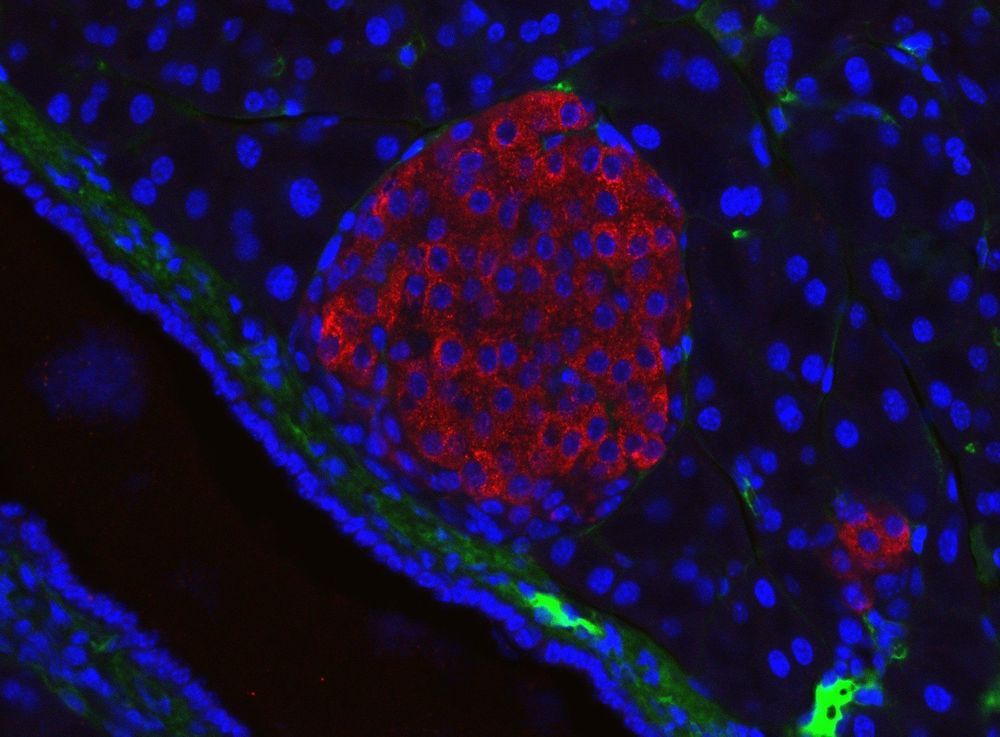Two known gene mutations induce pathways that enhance pancreatic cancer’s ability to invade tissues and evade the immune system. Researchers report the molecular details of this process, providing insights into druggable targets for immunotherapies.
Mutations in the genes KRAS and TP53 are closely linked to pancreatic ductal adenocarcinoma, by far the most common type of pancreatic cancer. Pancreatic cancers are often already malignant when diagnosed, making its five-year survival rate extremely low—less than ten percent. So, understanding how it evolves at the molecular level could help anti-cancer drug development.
Hisataka Sabe of Hokkaido University and colleagues in Japan conducted tests in human cancer cells and in mouse models of the disease to investigate the roles of KRAS and TP53 gene mutations in pancreatic ductal adenocarcinoma. The study was published in the journal Proceedings of the National Academy of Sciences (PNAS).
